THE HEROISM OF NERDS
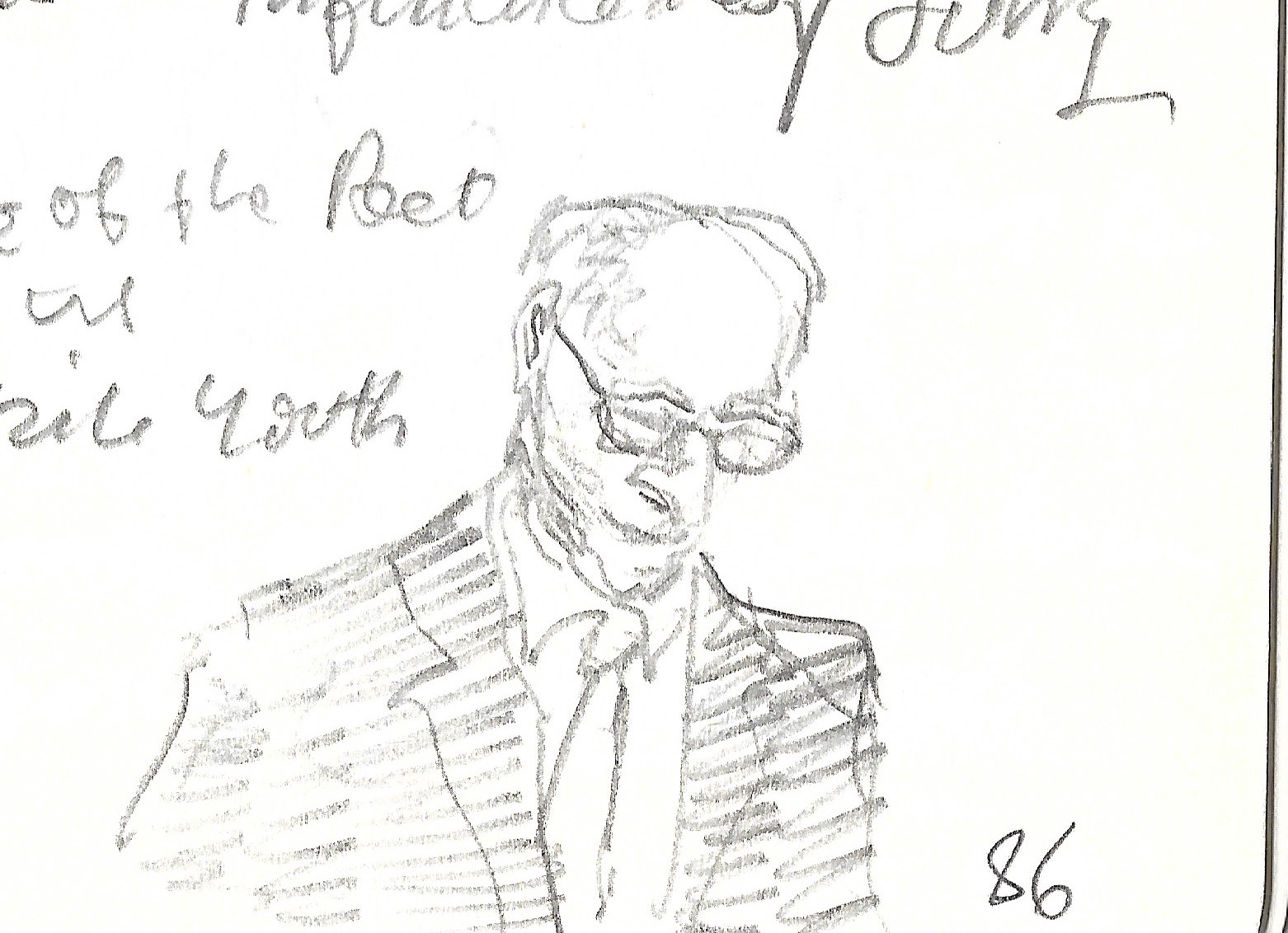
My notebook sketch of a scholar reading a paper at the American Literature Association’s annual conference.
In his poem “The Scholars,” W.B. Yeats describes academics thus:
Bald heads forgetful of their sins,
Old, learned, respectable bald heads
Edit and annotate the lines
That young men, tossing on their beds,
Rhymed out in love’s despair
To flatter beauty’s ignorant ear.
All shuffle there; all cough in ink;
All wear the carpet with their shoes;
All think what other people think;
All know the man their neighbour knows.
Lord, what would they say
Did their Catullus walk that way?
That’s funny, but it is also a cheap shot. We often deride the ridiculous aspects of the scholarly life without acknowledging the essential connection between scholarship and literature. Poetry, for example, begins in the journals and little magazines of the contemporary publishing scene, but it continues in anthologies and class syllabi, in books of literary history and criticism. Without scholars to curate their work, poets often fall into oblivion. Think of your own relationship to poetry: chances are you were first exposed to poems in high school and college English classes. For most of us, this exposure formed the foundation of our understanding of what poetry does or aspires to do in the world. Even if we discover poetry independent of school, we do so through books or anthologies which have been prepared and edited by scholars. And scholars not only preserve poets for posterity–they can pluck them from obscurity. Many poets we now consider essential were not so in their day and only rose to prominence thanks to the work of academics who championed them and taught their poems in classes. Emily Dickinson, for example, went from complete obscurity to the center of the American canon in part because she was championed by critics. More recently, scholars have worked hard to rescue writers whom they feel were overlooked because of race or gender. It’s fun to laugh at nerds: it is harder to recognize their essential value.
Thinkers like Bruno Latour have taught us that knowledge does not exist in some Platonic realm, hovering above the world. It is brought into being and nourished by networks of people who work in consort, alternately encouraging and critiquing each other. I often tell my students that the internet is nothing new: it is essentially a speedier and more connective version of what scholarship has always been, a web of bibliographies, footnotes, and quotations which links readers and thinkers across the world and helps them to painstakingly construct the collaborative structure of knowledge. But we should not let the ease of access the internet affords obscure the labor that lies behind the result. Just as we ignore the fossil-fuel gobbling servers that keep the internet going, we ignore the real work that puts knowledge together and tries to keep it accurate and current. Scholarly networks are very material and localized, they must enlist the aid of physical agents like printing presses, reams of paper, hotel meeting rooms, microphones, laptop computers, cups of coffee, university buildings, airplanes and trains, etc. Above all, they require living and breathing human beings, doing real work in real time.
Any poem or novel is a collaborative effort of writer, agent, editor, designer, marketer, and bookstore owner–not to mention faceless Amazon warehouse employees. We should stop seeing writers as existing in heroic isolation. And we should recognize that the work of the writer is not secure until some scholar takes on the task of curating it, putting it into stable form and passing it on to another generation.
I am posting below some sketches from the recent annual conference of the American Literature Association (ALA). The purpose of the ALA is to gather together the many societies dedicated to the scholarly preservation and study of the work of American writers. The annual conference features a smorgasbord of panels from groups like the James Fenimore Cooper Society, the Marilynne Robinson Society, or the Langston Hughes Society. We are used to reading such images as boring–just people standing behind lecterns, delivering papers. But perhaps we should rethink that. These are curates, devoting their lives to keeping the flame of some particular writer burning on against the background of universal oblivion.
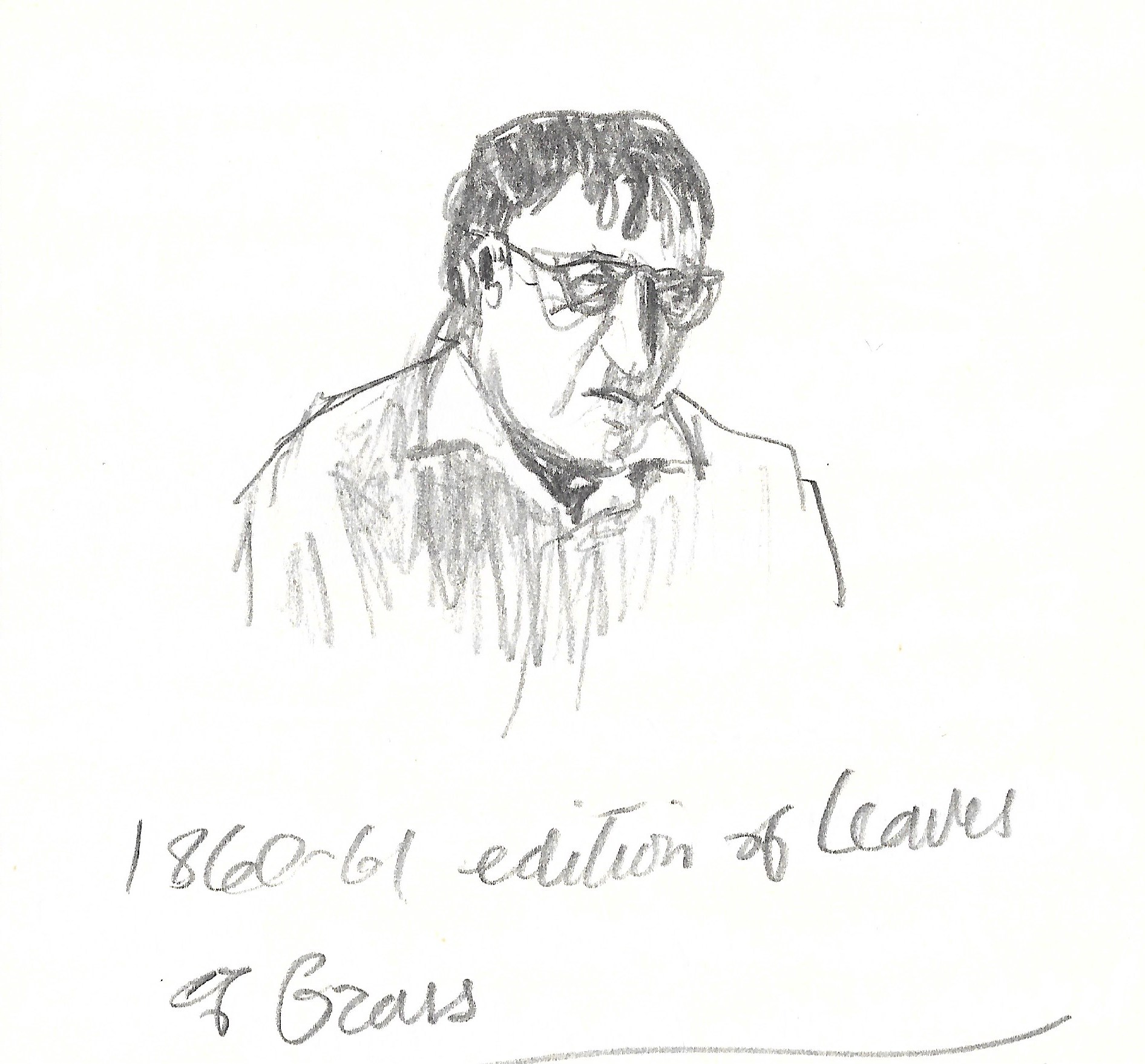
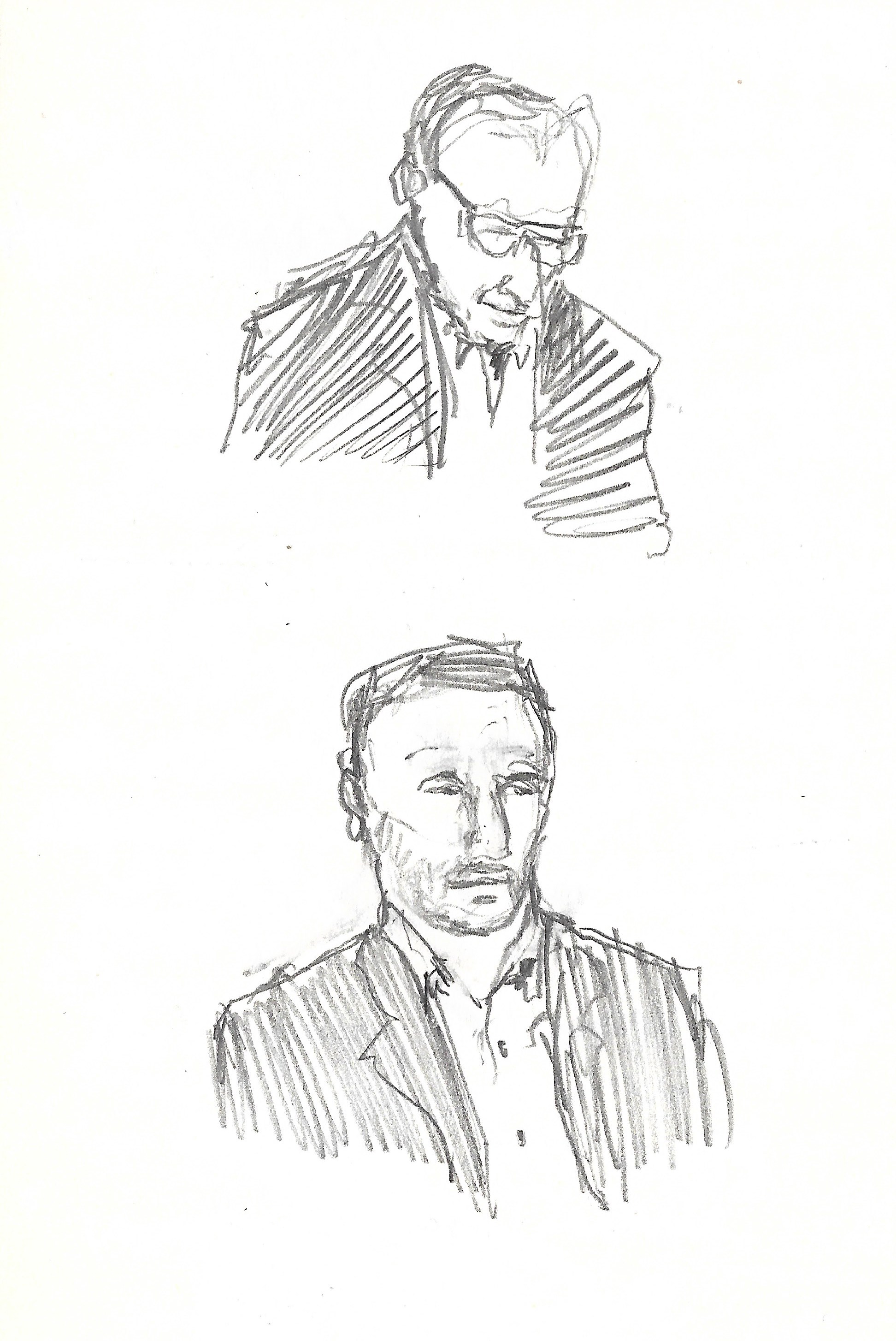
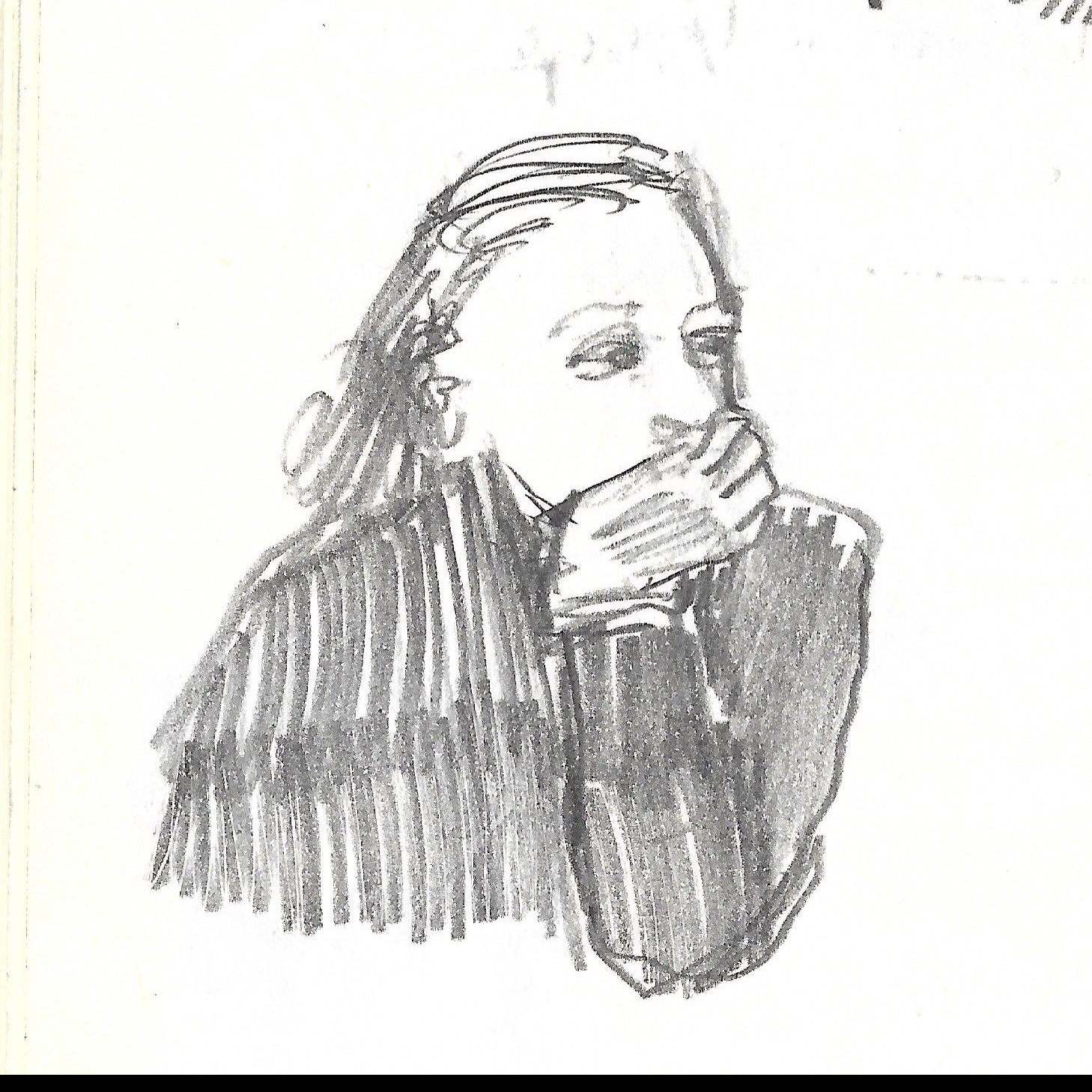
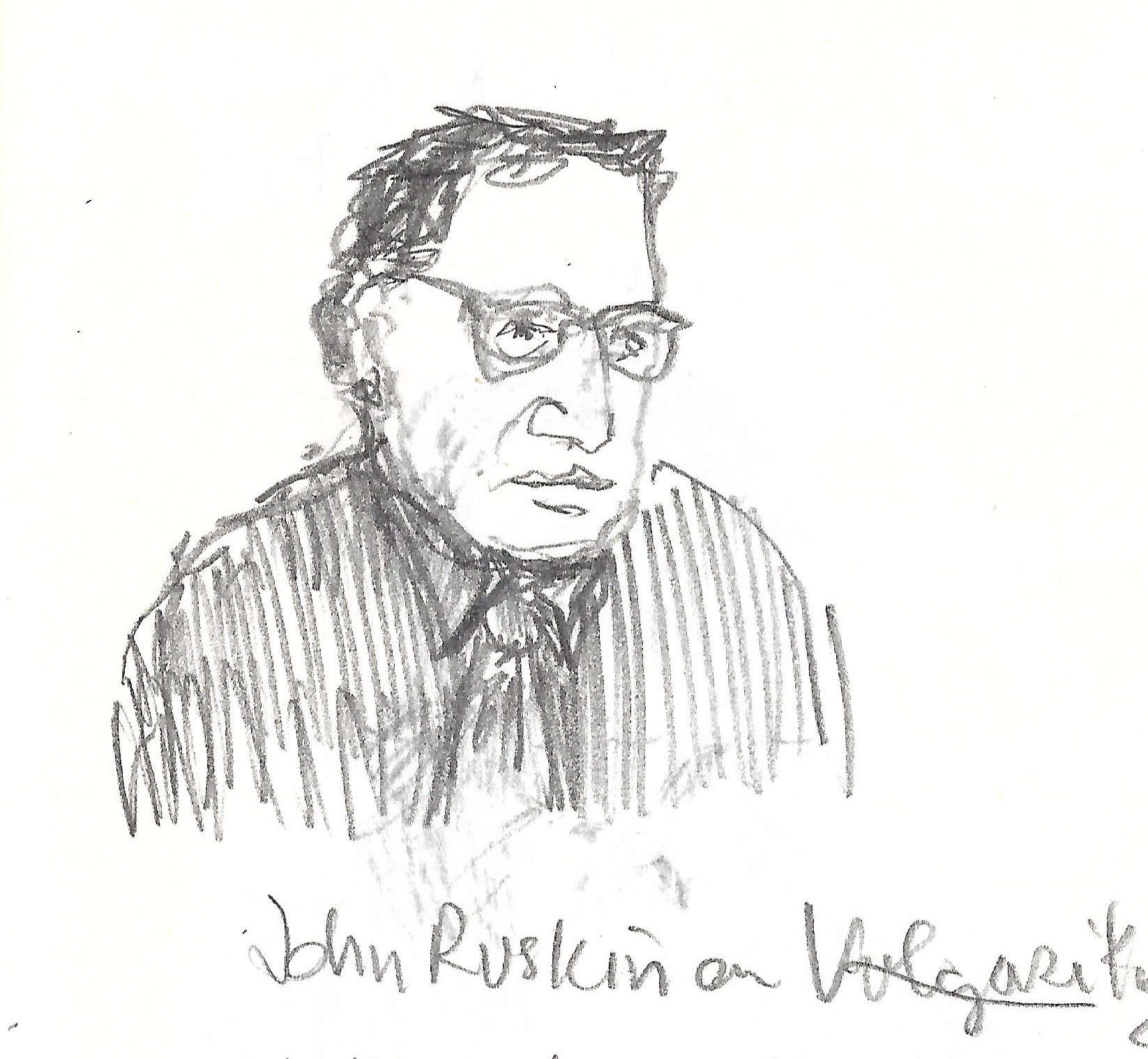
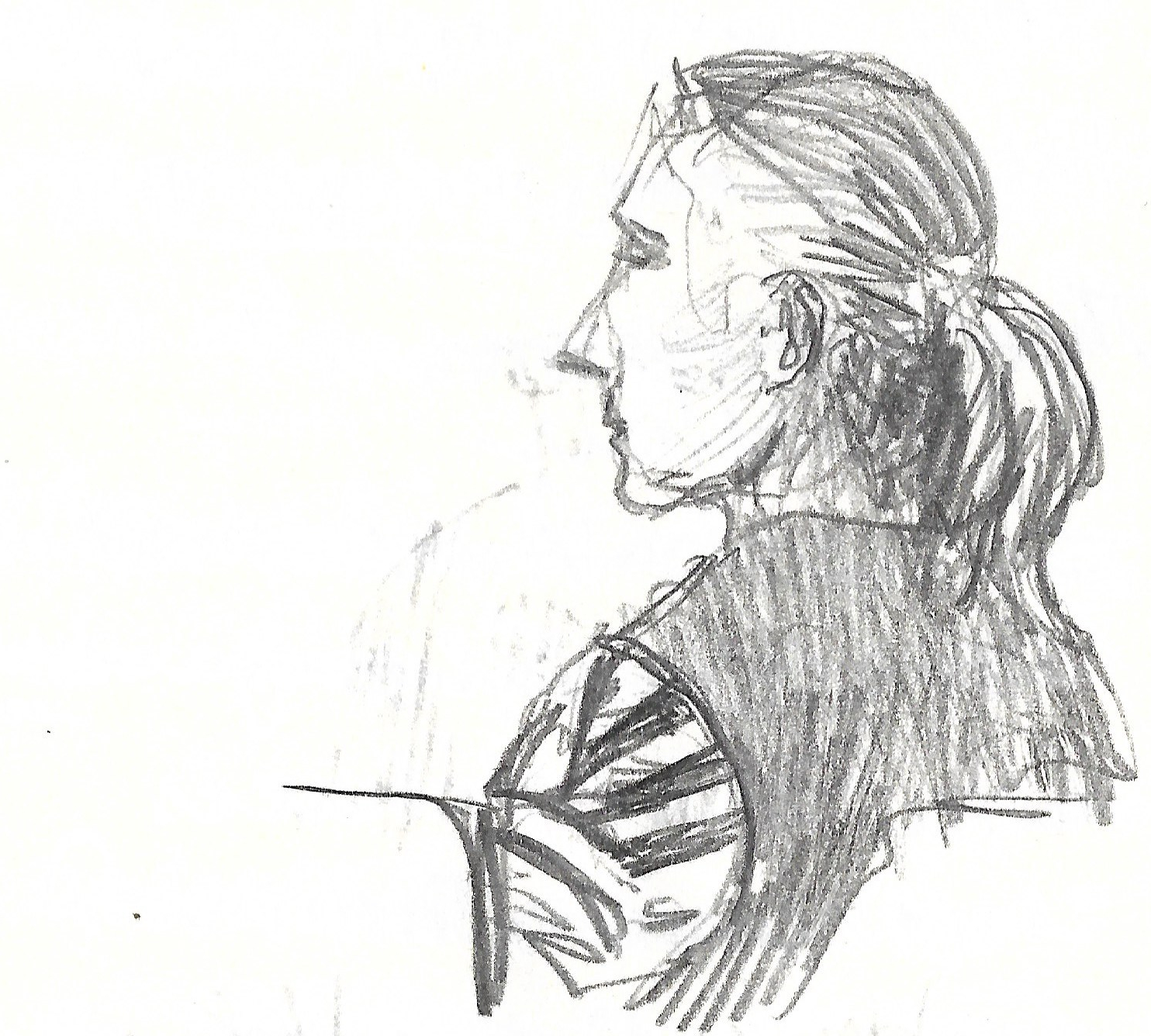
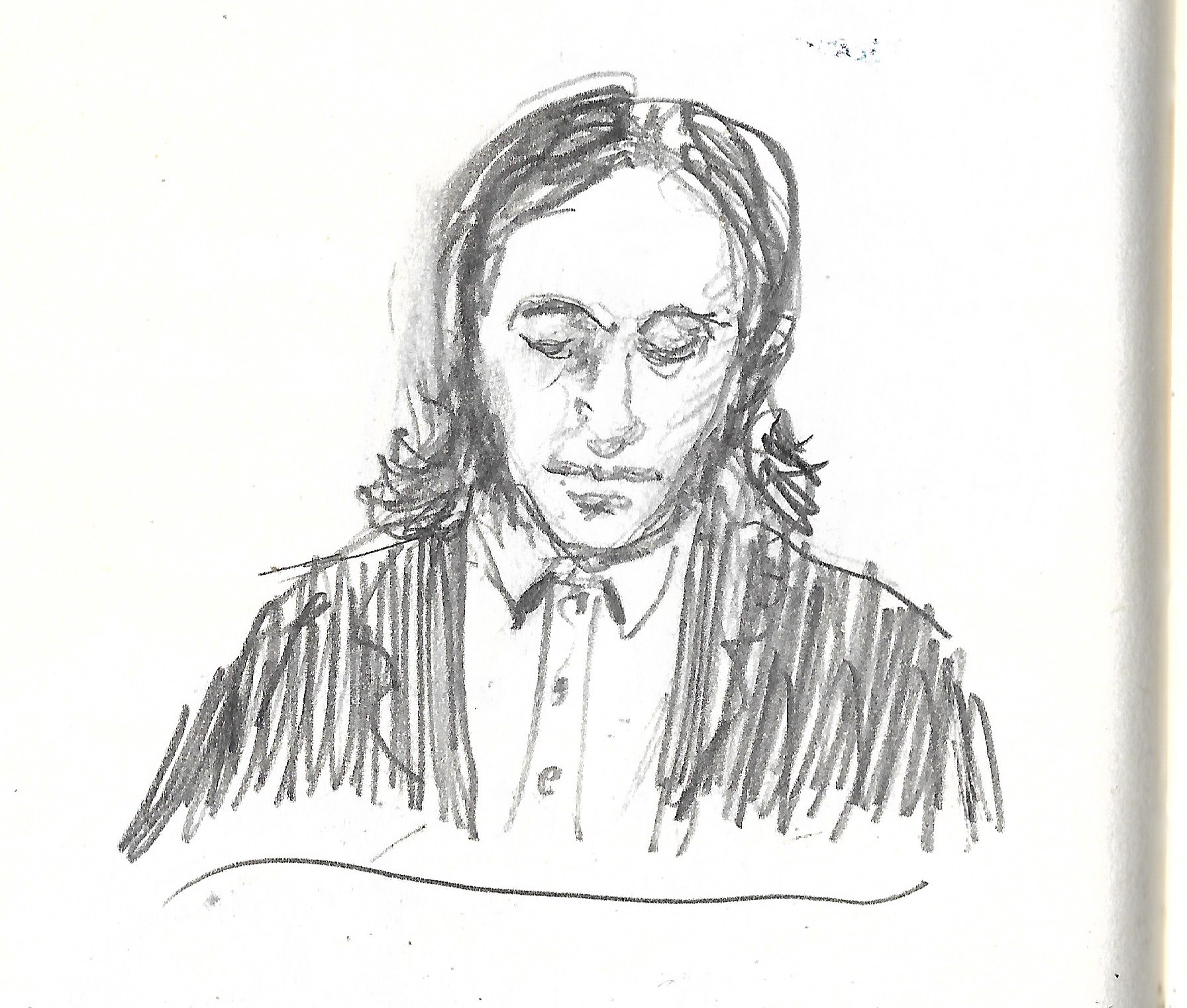
Discover more from James Armstrong
Subscribe to get the latest posts sent to your email.
Really like the perspective–of course it is all collegial and about networking. Without that, a writer dies, or a piece of art dies–agree.
Yes. Dewey critiqued the usual Western way of thinking about art, saying that museums teach the wrong lesson, as they isolate works from their living context, from the social networks that gave rise to them. Modern museums have tried to return some of this context, and modern scholarship tries to do the same. Everything is environmental!